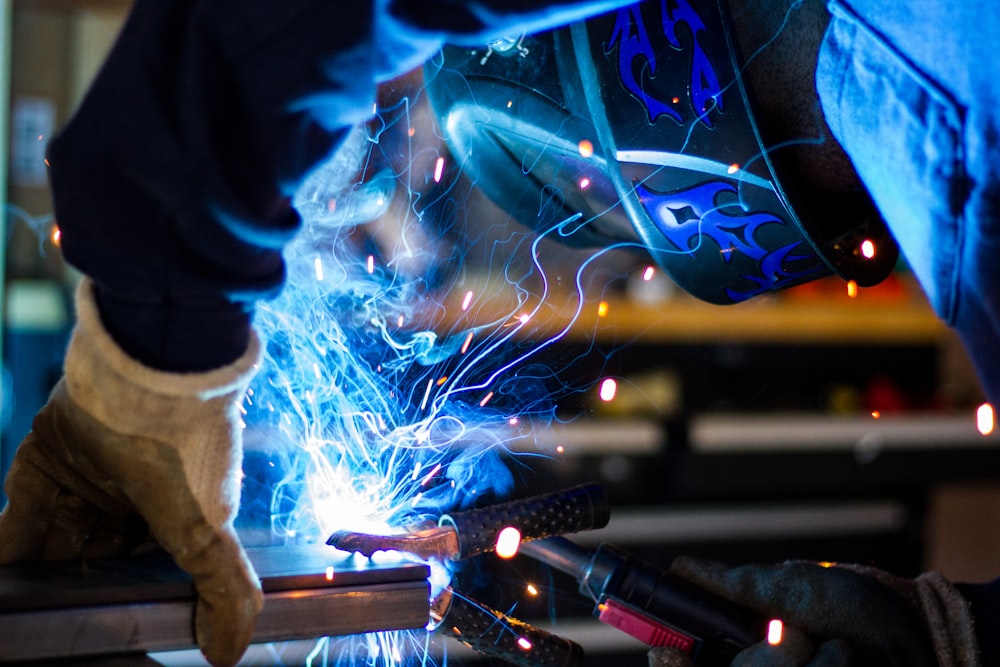
Automating Excellence Innovations in Automation Engineering
Automating Excellence: Innovations in Automation Engineering
In the fast-paced world of technology, automation engineering has emerged as a driving force behind efficiency, precision, and excellence. From manufacturing processes to daily life, automation has woven itself seamlessly into our existence. Let’s delve into the innovations and advancements that make automation engineering a cornerstone of modern progress.
Evolution of Automation
Automation engineering has come a long way from its rudimentary beginnings. Initially focused on repetitive and labor-intensive tasks, it has evolved into a sophisticated field. Today, it encompasses a wide array of industries, each benefiting from tailored automation solutions. This evolution has been marked by the integration of cutting-edge technologies, including artificial intelligence, machine learning, and robotics.
Precision in Manufacturing
One of the primary applications of automation engineering is in manufacturing processes. Automated production lines have revolutionized industries by enhancing precision, reducing errors, and increasing overall productivity. The seamless coordination of machines ensures a level of accuracy that human hands alone cannot achieve. This not only results in higher-quality products but also contributes to cost savings in the long run.
Role of Artificial Intelligence
Artificial Intelligence (AI) plays a pivotal role in automation engineering, providing the brains behind the brawn of machines. Machine learning algorithms enable systems to learn and adapt, optimizing performance over time. In the context of automation, AI algorithms can analyze vast amounts of data to make real-time decisions, contributing to increased efficiency and problem-solving capabilities.
Integration of Robotics
Robotics is a cornerstone of automation engineering, bringing a physical dimension to automated processes. Whether it’s in manufacturing, healthcare, or logistics, robots are taking on tasks that are repetitive, dangerous, or require a level of precision beyond human capabilities. The synergy between automation, AI, and robotics is reshaping industries and creating new possibilities for what can be achieved.
Automation in Daily Life
While often associated with industrial applications, automation has also become an integral part of our daily lives. Smart homes equipped with automated systems for lighting, climate control, and security are just a glimpse of what automation engineering has brought to the consumer space. The convenience and efficiency offered by these systems are transforming the way we interact with our living spaces.
Challenges and Solutions
Despite the tremendous benefits, automation engineering faces its share of challenges. Issues such as job displacement, security concerns, and the need for continuous upskilling of the workforce must be addressed. However, as technology advances, solutions emerge. Collaborative efforts between industry leaders, policymakers, and educators are crucial to ensuring that the advantages of automation are maximized while minimizing its drawbacks.
Future Prospects
Looking ahead, the future of automation engineering holds even more promise. Advancements in the Internet of Things (IoT) and connectivity are creating a network of smart devices that can communicate and collaborate seamlessly. This interconnected ecosystem has the potential to further enhance automation, creating a world where machines work in harmony to optimize efficiency and improve the overall quality of life.
Automation Engineering: A Catalyst for Innovation
In a world driven by innovation,







